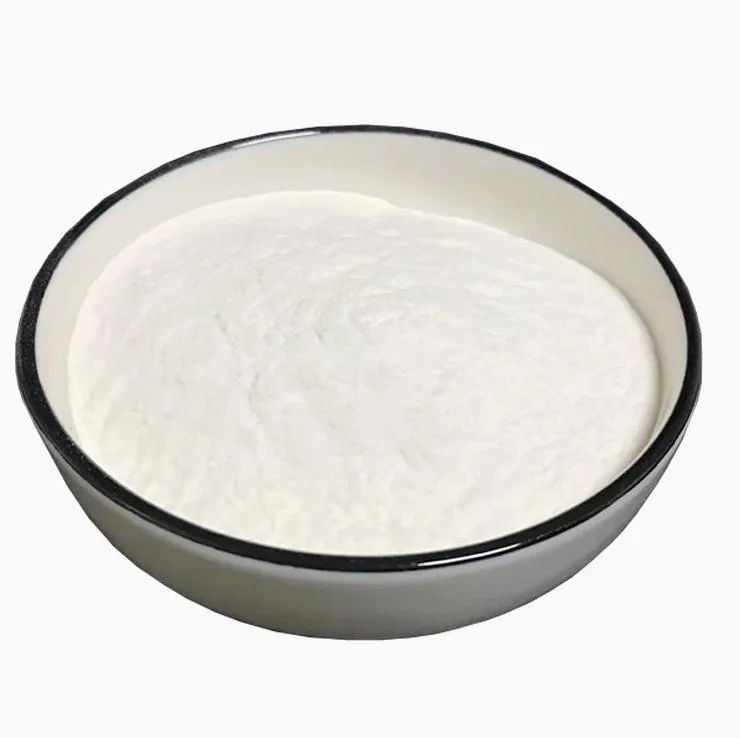Warning: Undefined array key "title" in /home/www/wwwroot/HTML/www.exportstart.com/wp-content/themes/1198/header.php on line 6
Warning: Undefined array key "file" in /home/www/wwwroot/HTML/www.exportstart.com/wp-content/themes/1198/header.php on line 7
Warning: Undefined array key "title" in /home/www/wwwroot/HTML/www.exportstart.com/wp-content/themes/1198/header.php on line 7
Warning: Undefined array key "title" in /home/www/wwwroot/HTML/www.exportstart.com/wp-content/themes/1198/header.php on line 7
Nov . 09, 2024 12:18 Back to list
Understanding Aspartame Content in Splenda and Its Implications for Health
Aspartame in Splenda A Detailed Look at Sweeteners
In the world of artificial sweeteners, the names Splenda and aspartame often arise in discussions regarding their health effects, sweetness levels, and overall impact on nutrition. While many consumers utilize these products as sugar substitutes to manage their sugar intake and caloric consumption, there remains a considerable amount of confusion about their ingredients and effects on health.
What is Splenda?
Splenda is the brand name for a sweetener that primarily contains sucralose, a chlorinated derivative of sucrose (table sugar). It is marketed as a zero-calorie sweetener, making it a popular choice for those seeking to reduce their caloric intake, especially individuals managing weight or diabetes. Sucralose is approximately 600 times sweeter than sugar, allowing consumers to use much smaller quantities to achieve the desired sweetness in foods and beverages.
One common misconception about Splenda is that it contains aspartame; however, this is not the case. Splenda is entirely free from aspartame, which is another widely used artificial sweetener. Aspartame is commonly found in products like Diet Coke and Equal and is recognized for its sweet flavor, often equating to around 200 times the sweetness of sugar.
Aspartame What You Need to Know
Aspartame is made from two amino acids, phenylalanine and aspartic acid, and a small amount of methanol. It is one of the most studied food additives in history, with countless studies investigating its safety and potential health effects. The FDA has classified aspartame as safe for human consumption, although it warns those with the genetic disorder phenylketonuria (PKU) to avoid it due to their inability to metabolize phenylalanine.
Despite this endorsement from regulatory agencies, aspartame has been the subject of numerous controversies. Some consumers express concerns regarding its long-term effects, linking it to migraines, seizures, and even cancer. However, the majority of scientific research supports the conclusion that aspartame is safe when consumed within established daily intake levels.
aspartame in splenda

The Sweetener Market Landscape
With the rise of health consciousness among consumers, the sweetener market has expanded significantly, incorporating various products to cater to different dietary needs. Natural alternatives like stevia and monk fruit have gained popularity, primarily due to their plant-based origins and perceived health benefits compared to synthetic sweeteners.
In contrast, Splenda's sucralose remains a widely embraced option for individuals seeking a low-calorie sweetening alternative. While not all sweeteners are created equal, the choice between them often depends on personal preferences, health goals, and individual body responses to these substances.
Making Informed Choices
For those navigating the world of artificial sweeteners, knowledge is key. Understanding the distinctions between products like Splenda and aspartame is essential when considering dietary choices. While both are low-calorie sweeteners, their composition and the potential effects on health differ markedly.
When choosing a sweetener, personal health conditions, such as diabetes or PKU, should play a significant role in deciding which product to use. Additionally, self-awareness of how your body reacts to different sweeteners can guide your choices effectively.
In summary, while Splenda and aspartame both offer sweetness with fewer calories than traditional sugar, they are fundamentally different. Splenda, made primarily from sucralose, does not contain aspartame, and each has its own unique attributes, benefits, and controversies. By keeping informed and considering personal health needs, consumers can navigate the myriad of sweetener options available in today's marketplace with confidence. The choice should ultimately reflect individual preferences, health goals, and an understanding of how various sweeteners can fit into one's diet.
Latest news
-
Certifications for Vegetarian and Xanthan Gum Vegetarian
NewsJun.17,2025
-
Sustainability Trends Reshaping the SLES N70 Market
NewsJun.17,2025
-
Propylene Glycol Use in Vaccines: Balancing Function and Perception
NewsJun.17,2025
-
Petroleum Jelly in Skincare: Balancing Benefits and Backlash
NewsJun.17,2025
-
Energy Price Volatility and Ripple Effect on Caprolactam Markets
NewsJun.17,2025
-
Spectroscopic Techniques for Adipic Acid Molecular Weight
NewsJun.17,2025

